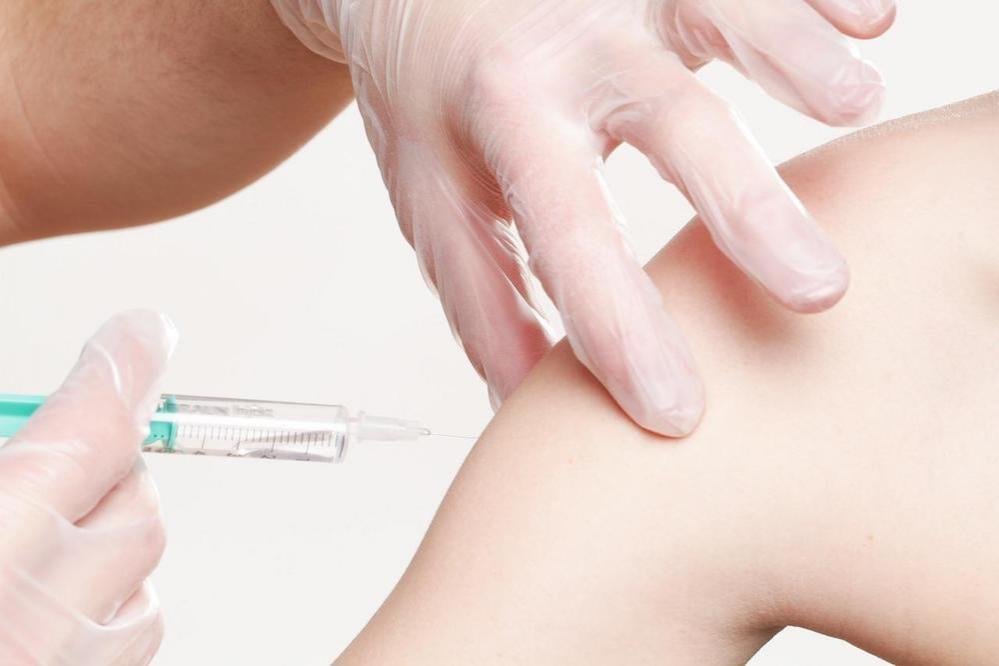Business
Texas Measles Outbreak Approaches 100 Cases, Igniting Fears of Hidden Spread

A measles outbreak in West Texas has led to the closure of several private schools as local health departments grapple with the crisis. Authorities are redirecting resources to combat the highly contagious virus, causing delays in other public health initiatives.
As of February 21, the Texas health department has reported 90 confirmed cases and 16 hospitalizations linked to the outbreak, which began three weeks ago. The majority of those infected are children under 18. Additionally, health officials are investigating possible connections to nine measles cases reported in New Mexico.
Concerns over undetected cases are growing among health officials, as the absence of reported infections complicates containment efforts. “This is the tip of the iceberg,” remarked Rekha Lakshmanan, chief strategy officer for The Immunization Partnership in Houston. She fears the situation may deteriorate before improvements are seen.
Katherine Wells, public health director in Lubbock, Texas, highlighted that some parents may be reluctant to take sick children to clinics. “If your kids are responding to fever reducers… some people may keep them at home,” she explained.
Measles is notoriously contagious. Nearly all unvaccinated individuals will contract it upon exposure, and symptoms may appear days after infection, delaying response efforts. Within affected populations, 1 in 5 will require hospitalization, and serious complications such as ear infections and, in rare cases, death can arise.
The outbreak has hit hard in Gaines, Texas, where a significant portion of the population is Mennonite, often opting out of vaccinations. Albert Pilkington, CEO of the Seminole Hospital District, acknowledged the personal choice surrounding vaccination but emphasized the community’s collective responsibility.
Local health officials are launching initiatives to bolster vaccination rates. Pop-up clinics offering measles vaccines aim to reach unvaccinated children. “Some people who were on the fence are recalculating and coming forward for vaccination,” Wells noted.
To further combat the outbreak, testing units are being deployed outside schools to detect and manage infections preemptively. Additionally, mobile clinics provide prophylactic treatment for infants who cannot yet receive vaccinations.
Wells added that her department has diverted substantial resources to this outbreak, impacting other public health programs. In accordance with CDC guidelines, unvaccinated children exposed to measles must remain home for 21 days, which can strain families as parents miss work to care for them.
Currently, a rising number of school closures in the area reflects the extent of illness among students. The financial burden of measles outbreaks has historically been significant, costing millions in response efforts and lost productivity.
As misinformation about vaccines persists, the public health landscape appears increasingly precarious. Robert F. Kennedy Jr., the new director of the Department of Health and Human Services, has promoted debunked theories linking vaccines to autism, further complicating narrative around vaccinations. His early actions, including postponing critical CDC meetings, raise alarms among public health advocates.
With the recommended vaccination rate at 95% for community protection, the current statistics in Gaines are concerning—nearly 20% of students are exempt from vaccination, far above the national average. In Loop, Texas, only 46% of kindergarteners have received measles vaccinations.
As Texas lawmakers propose roughly 25 bills that could further limit vaccination mandates, public health leaders urge community members to advocate for increased vaccination. “We’ve got children winding up in the hospital, and yet lawmakers have their blinders on,” Lakshmanan stated, calling for public engagement in the legislative process to address these pressing health concerns.


















